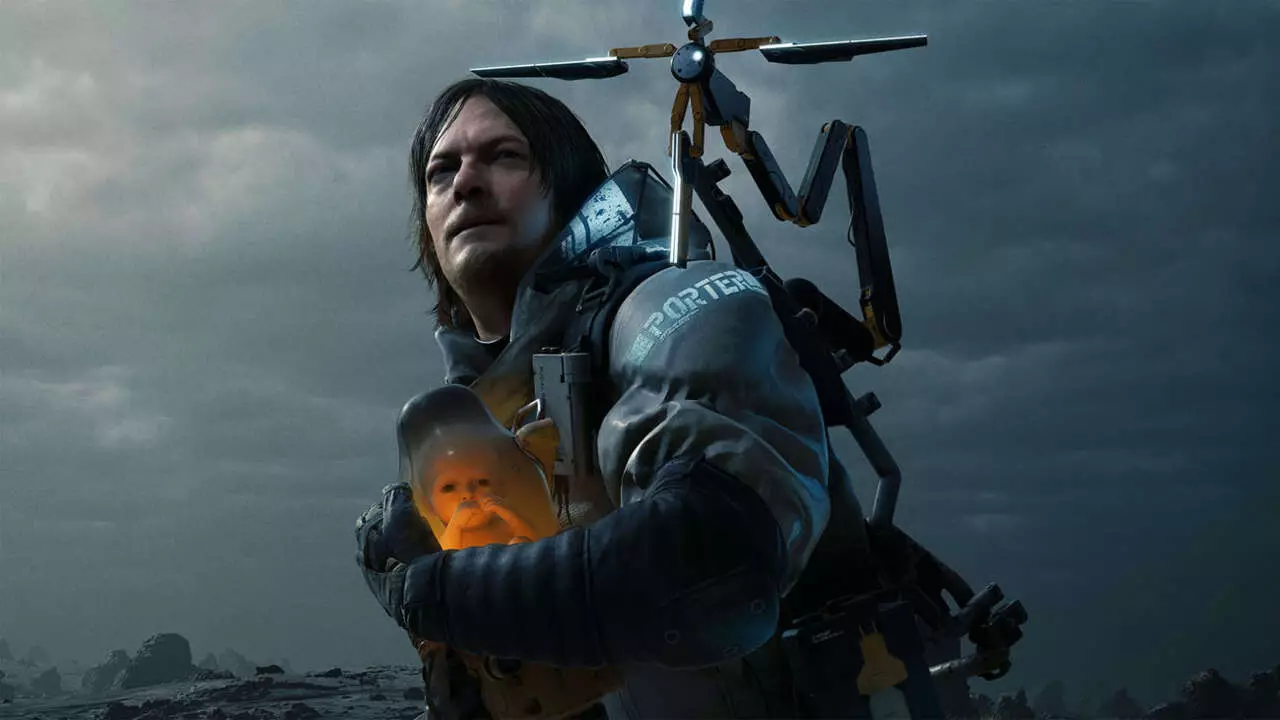In 2015, famed game designer Hideo Kojima embarked on a new chapter by founding Kojima Productions following his split from Konami. With a legacy of creating iconic franchises, not least of which is the Metal Gear Solid series, Kojima has continually pushed the boundaries of storytelling in video games. In 2019, he released his first project under his new banner, the critically acclaimed Death Stranding. The game featured an impressive roster of talent, including well-known actors like Norman Reedus and Mads Mikkelsen, solidifying its status as a cultural phenomenon.
Despite the buzz surrounding a potential film adaptation of Death Stranding, which has come to fruition under the production house A24, Kojima has made it clear that he will not be at the helm of the project. His focus remains steadfastly on the gaming landscape, emphasizing the emotional investment he has in his creations. To Kojima, these “works are my babies,” and he is intent on maintaining their integrity, highlighting his desire for any adaptation to resonate with film audiences authentically. His commitment to working closely with trusted directors illustrates his desire to find a balance between creative storytelling mediums without compromising his vision.
The Unique Role of Collaboration
While Kojima is open to the idea of movie adaptations of his work, he has expressed a preference for collaboration on entirely new projects. He mentioned his relationship with noted filmmakers such as Jordan Peele and Guillermo del Toro, understanding that the realms of gaming and cinema are merging more than ever. Rather than adapt existing properties, Kojima believes in the power of creating original narratives that can flourish across mediums.
This perspective signals a vital pivot in the entertainment industry, where cross-disciplinary collaboration can produce innovative and groundbreaking content. Kojima’s assertions that “movies and games are two different branches” foreshadow a future where stories seamlessly integrate into various forms of media, engaging a wider audience and offering richer experiences. The significance of this interconnectivity cannot be understated, as it reflects a broader trend in the industry towards collaborative, dynamic storytelling.
A Vision for the Future
Kojima also hinted at his aspirations for Kojima Productions to evolve into more than just a game development studio. He expressed a yearning to explore various creative avenues and work with “talented people from around the world.” This ambition could lead to a diverse portfolio of projects that extend beyond traditional video games, inscribing Kojima Productions firmly within the larger cultural landscape.
Such evolution will undoubtedly take time and require a recalibration of focus, as Kojima acknowledges the time-consuming nature of directing films. His tongue-in-cheek remark about not wanting to die before achieving his ambitious goals only underscores his passion for consistency in quality and creative expression.
Hideo Kojima is strategizing Kojima Productions’ transformation into a multifaceted entity capable of engaging with audiences in innovative ways. While his contributions to gaming remain paramount, it’s clear that his vision encompasses a much broader horizon, emphasizing collaboration and creativity across various forms of entertainment. Whether through games, films, or entirely new mediums, Kojima’s journey illustrates the relentless quest for artistic expression, pushing the boundaries of storytelling into uncharted territories.


Leave a Reply